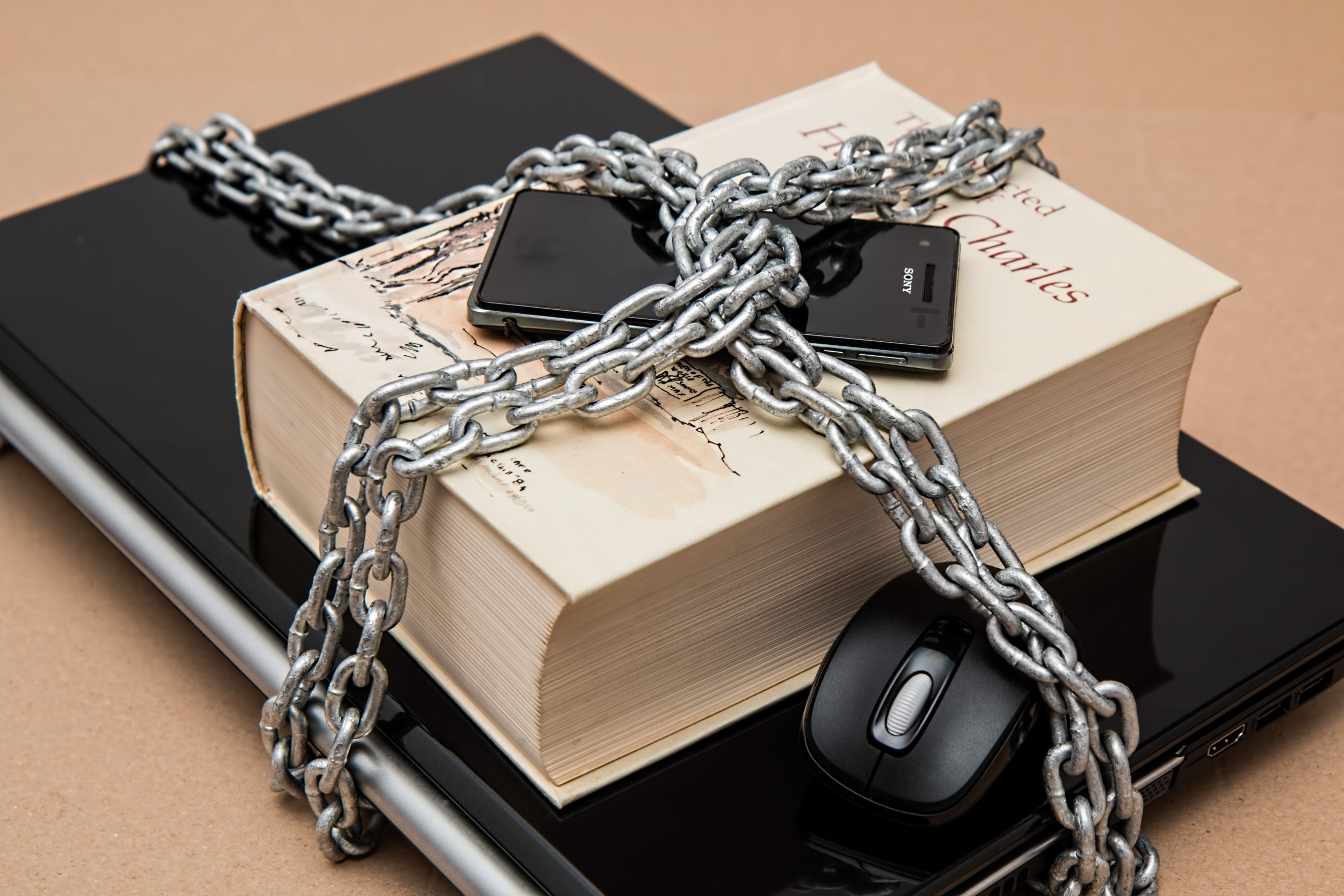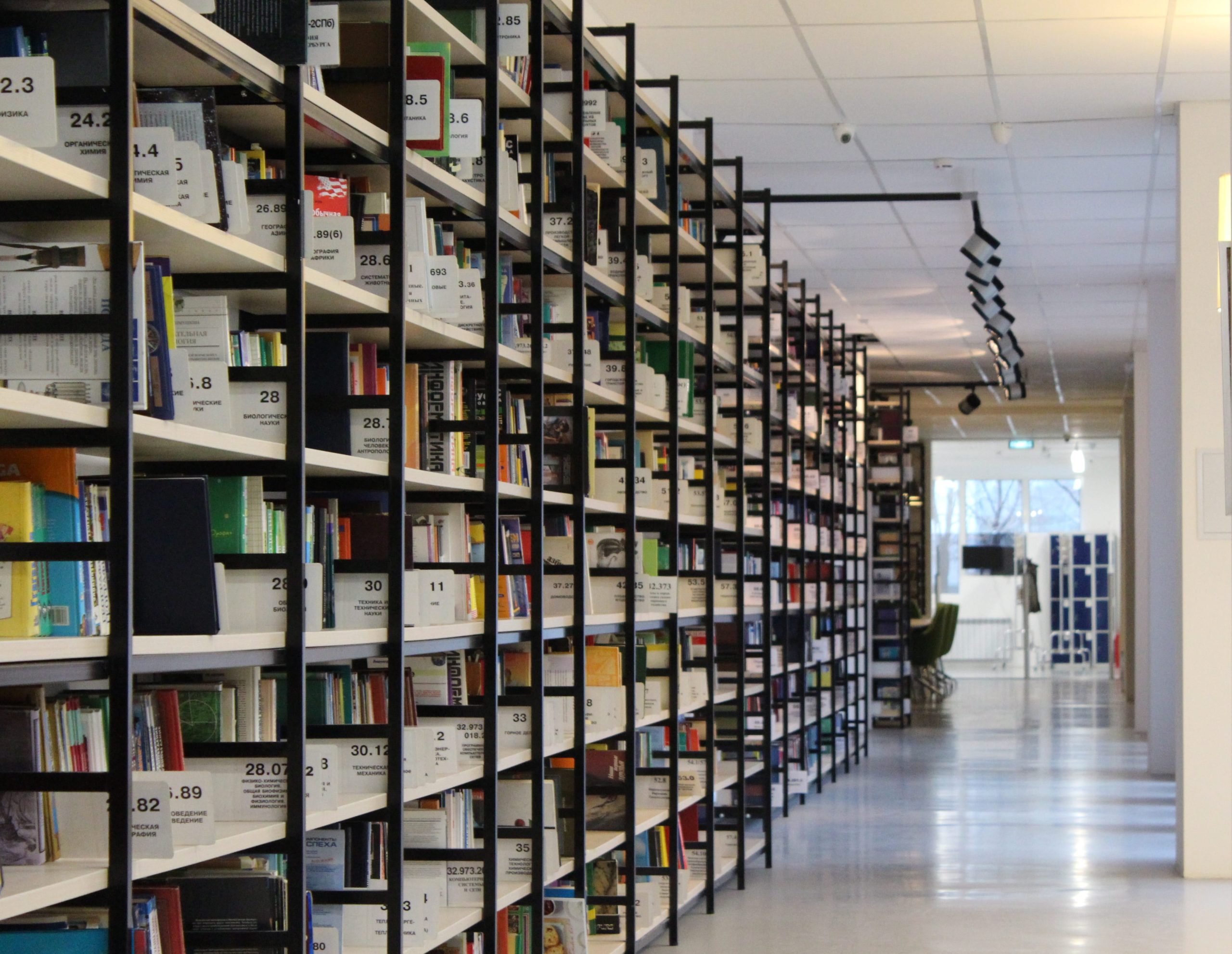The internet has become such an integral part of our lives that most of us log on and off without so much as a second thought. But more people online has resulted in more security risks for users. The reality is, however, that many of us do not consider our online security enough, nor take adequate measures to tighten things. It does not have to be expensive or complicated to enhance your own security online, here are just a few tips!
Change your password!
Do you have a unique password that you change regularly? Statistically, the likely answer to that question is no. A recent infographic by ExpressVPN demonstrated the most common passwords in a range of countries, with “123456” being the most popular. It also notes that people regularly use their names, date of birth, pet’s name, or child’s name as passwords, making it really easy to guess.
The key to good password selection is to use obscure words and numbers that are not easy to guess. Additionally, users should not use the same passwords across multiple different sites. While this can make passwords more challenging to remember, it increases security to a level that reduces the risk of your accounts being compromised. Considering in 2022, most of us will use apps and websites for banking and finance, as well as email, work, and communication, this is extremely important.
Google yourself!

This might sound a little egotistic, but now is the time to try if you have not Googled yourself before. Many of us are not aware of what information is available about us online. You might be surprised to find that personal data about yourself might be displayed on a range of sites, either by accident or purposefully. This kind of self-audit can be critical in locking down your online presence.
Information such as phone number, email, home address, children’s school, and other data can be publicly viewed, sometimes without you realizing it. If you identify any information that could be problematic, you can contact site administrators or even use specific web tools to get the information removed. Knowing what is out there, as this CNET article states, will also allow you to take extra steps to increase your online and offline security.
Lock-down social media!
Posting pictures of your morning coffee, photos at your child’s school gate, and pictures by your home – all of these could seem entirely innocent, but when put together, they can create a detailed picture of where you live, where you go, what you do, and when. It is often a useful exercise to visit your social media account with the perspective of someone you don’t know and see if you can piece together your daily or weekly movements.
If you can, it is time to lock things down. Be mindful of geotagging or posting in real-time, and try to avoid showing patterns of behavior that could pinpoint your favorite cafes, shops, and leisure spots. Also, be careful when publishing children’s faces, or pictures of children in general, if your profiles are public and you show their faces. If you are unsure of how to manage it, Verywellfamily has some great tips.
By following these simple tips you can significantly step up the security of your online presence!






